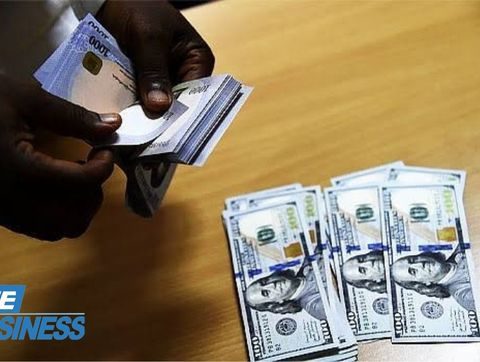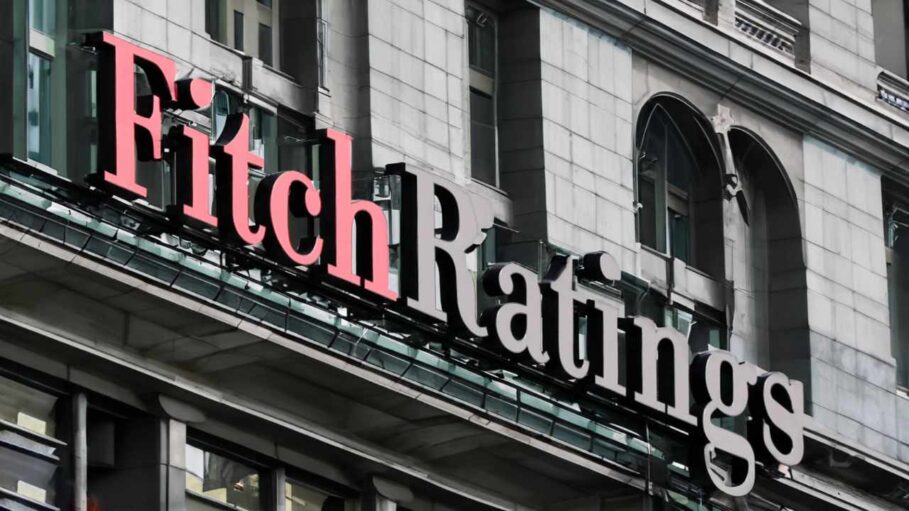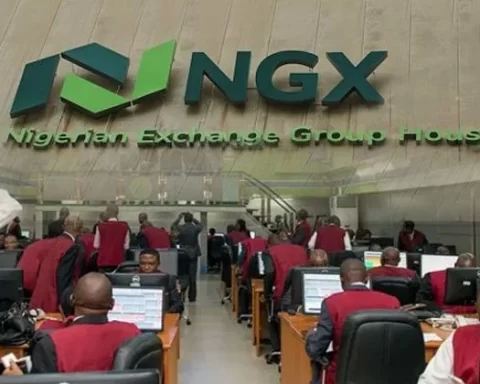The naira took a dip against the U.S. dollar, leaving speculators scratching their heads. The official market, usually a bastion of stability, witnessed a 0.55% depreciation, closing at N874.71 to a dollar on Wednesday. This marked a contrast to the brief uptick recorded last week.
In the official NAFEM window, where forex is officially traded, the naira experienced a rollercoaster ride, reaching an intraday high of N1097.50/$1 and a low of N745.00/$1, showcasing a notable spread of N352.50/$1.
Join our WhatsApp ChannelForex turnover at the close of the trading day stood at $223.52 million, reflecting a 60.1% increase compared to the previous day.
READ ALSO: Old, Redesigned Naira Notes Remain Legal Tender – CBN
Notably, the parallel forex market mirrored the official market’s unease, with the exchange rate depreciating to N1130/$1. Peer-to-peer traders quoted a slightly better rate at N1110.10/$1.
In response to the market fluctuations, the Association of Bureau de Change Operators of Nigeria issued a warning to speculators. Aminu Gwadabe, the President of ABCON, cautioned against speculating on the naira, emphasizing the Central Bank of Nigeria’s readiness to take action against currency speculators.
Gwadabe explained, “What is happening in the market and the continuous naira rebounds are the manifestations of the CBN double-edged sword measures of dollar liquidity injection and naira mopping through the instrumentality of interest rates hikes. It is a good development as it is the greatest risk to speculate, hoard, and substitute naira for other currencies.”
Despite the recent volatility, ABCON expressed confidence in the CBN’s measures, stating that the apex bank had the tools and strategy to maintain market stability.
The association highlighted the shift from panic buying to panic selling and urged the CBN to provide further clarifications and implement recommendations, including the inclusion of BDCs in the foreign exchange market.
Gwadabe emphasized the crucial role of BDCs in the market, stating, “The BDCs are necessary for the demand measures of the apex bank transaction monitoring mechanism, and client’s utilization with correcting and moderating potential.”















